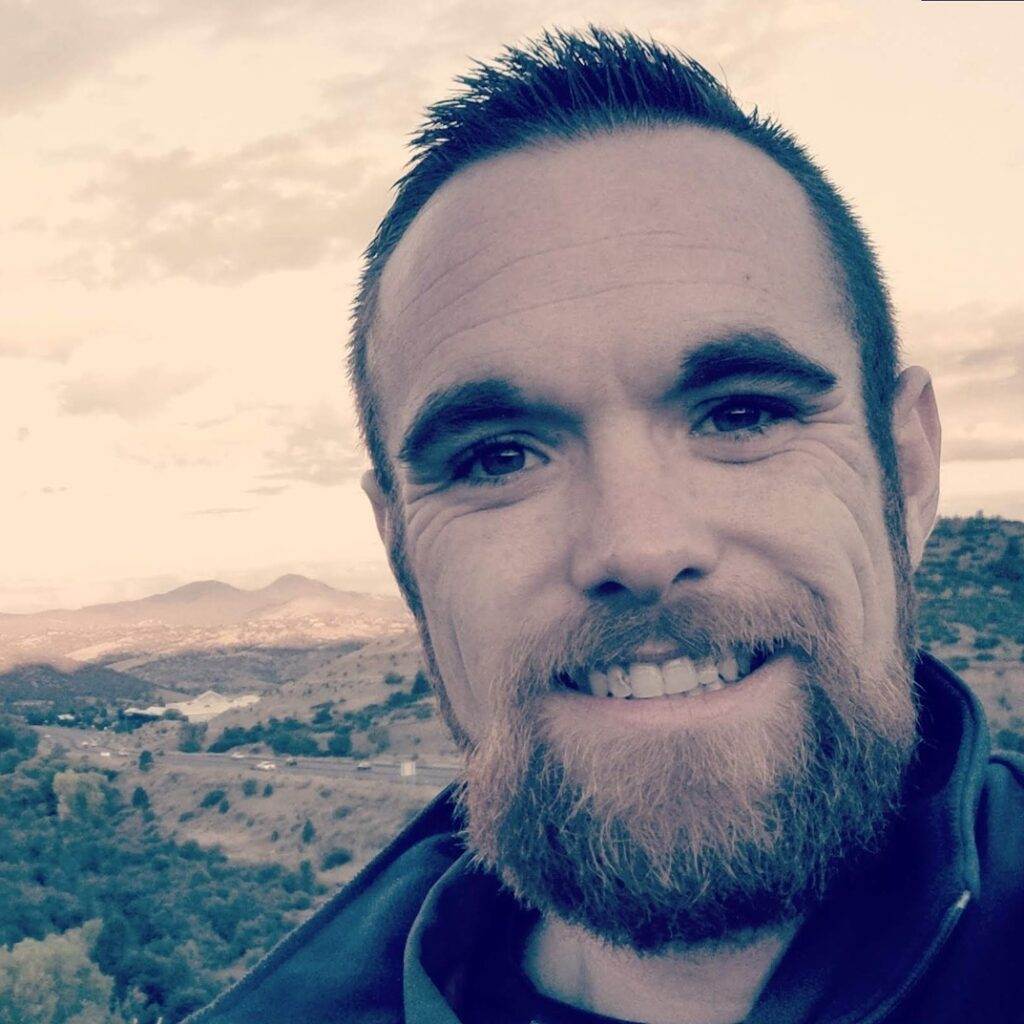NATION — The ongoing conflict between Israel and Hamas has resonated deeply across the United States, particularly on college campuses. This has resulted in a surge of protests and heightened tensions revolving around issues of anti-Semitism and Islamophobia. The situation reflects a broader challenge faced by universities in balancing freedom of speech, campus safety, and the diverse perspectives of their student bodies.
Incidents of antisemitism and Islamophobia have been reported in various universities. For instance, Cornell University recently grappled with violent threats against Jewish students, highlighting a nationwide issue. The Anti-Defamation League reported a significant increase in anti-Semitic incidents, while the Council on American-Islamic Relations noted a similar rise in Islamophobic incidents.
These developments have prompted reactions from political leaders and educational institutions. New York Governor Kathy Hochul emphasized the need for empathy and understanding, while universities like NYU increased campus security in response to the heightened tensions. NYU’s Students for Justice in Palestine, among others, criticized the university’s perceived inaction, particularly concerning the situation in Gaza and the presence of NYU’s campus in Tel Aviv.
At Columbia University, simultaneous pro-Palestinian and pro-Israeli protests led to the university temporarily closing its doors to the public. This decision was made in light of reports that protest organizers had attempted to involve outside supporters, raising concerns about campus safety. Such measures by universities often bring into conflict the ideals of open campuses and free speech with the need for security.
Amid these events, Elon University organized an educational event titled “Contextualizing the Conflict: Conversations about the Middle East”. This initiative brought together over 200 students, faculty, and staff to engage in discussions about the historical and current aspects of the conflict. The format of the event allowed for active listening, respect for opposing views, and critique of ideas rather than individuals. More than 20 faculty members from diverse disciplines participated, highlighting the multifaceted impact of the conflict and promoting a nuanced understanding among students.
In contrast to Elon University’s approach, other institutions have faced challenges in managing campus dynamics. For example, the University of Florida saw a prayer vigil escalate into a panic, injuring several, reflecting the high emotions surrounding these events. Similarly, at Harvard University, Arab and Muslim students reported an uptick in harassment since the conflict’s escalation.
The situation at Columbia and other universities has implications beyond campus boundaries. For instance, Columbia’s reliance on donor-supported endowments means that the reactions and policies of the university could have financial repercussions, as seen with former U.S. Ambassador Jon Huntsman threatening to end donations to his alma mater, the University of Pennsylvania, for not taking a strong enough stance against Hamas.
During this national scenario, Dartmouth College’s response has been notably different. Dartmouth hosted forums that brought together faculty from Jewish and Middle Eastern studies, providing a platform for open and educational discussion on the Israeli-Palestinian crisis. This approach, which prioritized understanding and dialogue, stands in contrast to the more reactive measures seen elsewhere. The events, attended by a diverse group of students and faculty, emphasized the importance of understanding the complexities of the conflict, rather than resorting to divisive rhetoric.
The various responses from U.S. universities to the Middle East conflict highlight a significant challenge in higher education: addressing complex global issues within the microcosm of a university campus. The spectrum of reactions ranges from heightened security and restrictions on protests to proactive educational initiatives like those at Dartmouth and Elon University.
As academic institutions, universities have a unique role in fostering environments where difficult conversations can occur in an informed, respectful manner. Dartmouth’s and Elon’s approaches, focusing on educational forums and discussions, provide valuable models for addressing contentious issues. These initiatives encourage a deeper understanding and respectful exchange of views, which is vital in educating and preparing students for the complexities of the real world.
Jeremy Webb
Based in Mohave Valley, Arizona, Jeremy Webb is a dedicated website designer and developer with a keen eye for detail. Transitioning from a background in retail sporting goods management, he now crafts digital spaces that resonate with audiences. Beyond the screen, Jeremy is a passionate writer, delving into topics ranging from business innovations and Arizona’s unique landscapes to the latest tech trends and compelling local narratives. Visit his website at JeremyWebb.Dev























